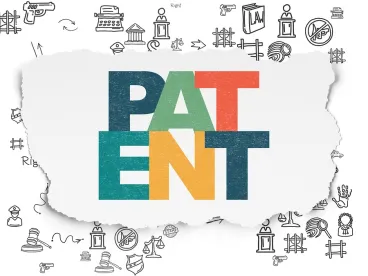The Patent Trial and Appeal Board (Board) designated as precedential a decision on a motion to terminate under § 317(a), finding that any collateral agreements referred in the parties’ agreement to terminate a pending inter partes review (IPR) must be filed with the Board. DTN, LLC. v. Farms Techs, LLC, Case Nos. IPR2018-01412, -01525 (PTAB June 14, 2019) (Hoskins, APJ) (designated precedential on June 11, 2020).
After institution of two IPR proceedings, and before the Board entered final determinations, the parties reached a settlement agreement that called for dismissal of both IPR proceedings. The agreement referenced two other collateral agreements, but the Patent Owner was not a party to either of those collateral agreements—they were between the Petitioner and an entity related to the Patent Owner—and the obligations in the collateral agreements had nothing to do with the IPRs. Pursuant to 35 U.S.C. § 317(a), the parties jointly filed a motion to terminate the IPR proceedings, and pursuant to § 317(b), the parties provided the written settlement agreement to the Board. Upon reviewing the agreement, the Board asked the parties to provide the collateral agreements referenced in the agreement. The parties refused, arguing that because the collateral agreements were not “between the Patent Owner and a Petitioner” of the IPRs, they were not subject to § 317(b)’s disclosure requirement. In addition, the parties argued that the collateral agreements did not need to be provided because they were not “made in connection with” the agreement to terminate the IPR.
The Board disagreed with the parties’ understanding of § 317(b), which states that parties seeking dismissal must file “[a]ny agreement or understanding between the Patent Owner and a Petitioner, including any collateral agreements referred to in such agreement or understanding, made in connection with, or in contemplation of, the termination of an inter partes review under this section . . . .” The parties argued that “including any collateral agreements” was meant to be an exemplary subset of “any agreement or understanding between Patent Owner and a Petitioner,” so if the collateral agreements were between different parties, those collateral agreements need not be provided. The Board rejected that interpretation, finding “any” means “any” and the “including” clause was not meant to modify the “agreement or understanding between the parties.” For this same reason, the Board found it immaterial that the collateral agreements had nothing to do with the IPRs and were not “made in connection with, or in contemplation of” the agreement to terminate the IPRs. Simply put, if the collateral agreement was “referred to in” the agreement to terminate the IPRs, it must be provided to the Board, irrespective of which entities were party to the collateral agreement and irrespective of whether the collateral agreement related to the IPRs.



 />i
/>i
